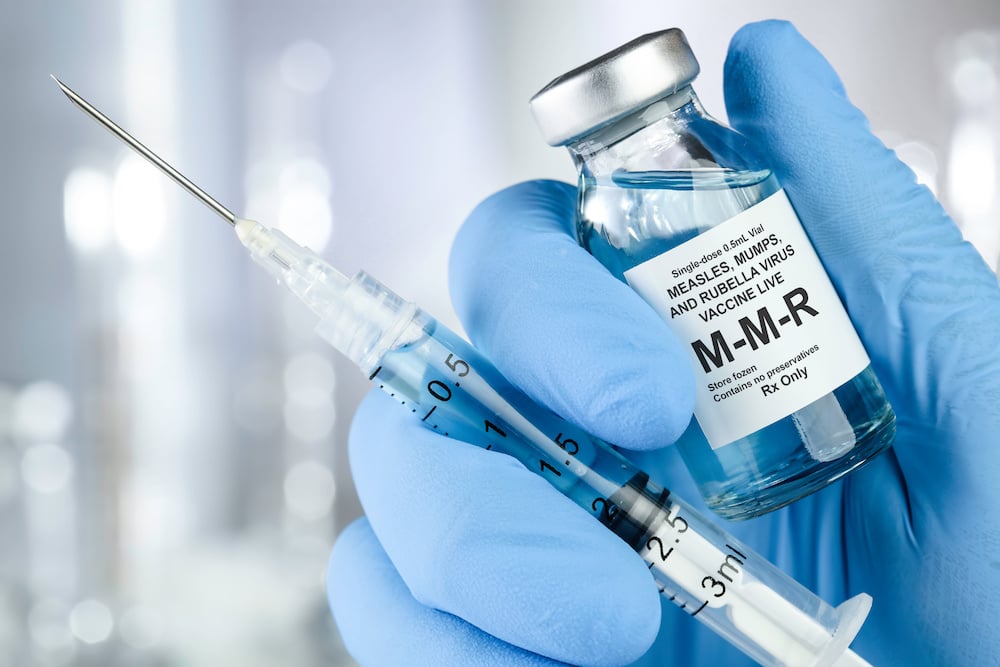This Medication for Postpartum Depression Gives New Moms More Options
Zurzuvae, the first pill approved by the FDA to treat postpartum depression, is helping women at Allegheny Health Network and across the country.
For 1 in 7 women, postpartum depression can derail their first experiences of motherhood.
In 2023, the first pill to treat the disease, which often goes undiagnosed due to stigma, was approved by the FDA. Zurzuvae is a 14-day prescription for mothers experiencing postpartum depression, which is marked by persistent sadness, low self-esteem, sleep disturbances, anxiety and difficulties bonding with the baby. It’s caused by a combination of hormonal changes, genetic predisposition and environmental factors.
Dr. Ewurama Sackey, medical director of the Women’s Behavioral Health program at Allegheny Health Network’s West Penn Hospital, says the pill can improve mood and irritability in new moms, who experience fluctuations in their hormones from the third trimester until after giving birth.
“It is a huge change from what existed before,” she says.
Previously, the only other approved treatment for post-partum depression was an intravenous injection, which often required women to stay at the hospital after their baby was cleared to go home — and it was not approved for breastfeeding mothers. According to Sackey, newer research shows that there is low transmission, less than 1%, of Zurzuvae through breastmilk, and she notes mothers should discuss benefits and risks of breastfeeding on medication with their medication providers.
SSRIs are often prescribed for new mothers suffering post-partum depression as well, but they can take up to two weeks to begin to work.
Zurzuvae can cause sedation, which also can help new mothers get a window of continuous sleep, Sackey says.
“Recent research showed that new moms, in order to prevent and treat postpartum depression, they need to get at least four to five hours of continuous sleep,” Sackey says. “A lot of people say, ‘I get the best sleep I’ve ever had on the medication.’”
What that means for a baby who is waking every two to three hours to eat is that other adults have to step up.
“It really makes sure that other people and other family members are helping out with the baby,” Sackey says. “And so I think, behavior-wise, it also helps everyone to pitch in, to help out with child care, which is really important.
“We tell our patients, it’s many pieces that are going to make up the puzzle of what helps you to get better. It’s going to be support from your family, it’s going to be medication, it’s going to be therapy, and then also anti-depressants. If you’re becoming a mom for the first time or for the fifth time, there’s a transition period that happens.”
The AHN Women Alexis Joy D’Achille Center for Perinatal Mental Health at West Penn Hospital offers new mothers therapy and outpatient treatment for depression, anxiety and bipolar disorder. It’s named for Alexis Joy D’Achille, who took her own life six weeks after the birth of her daughter in 2013; her husband, Steven, created the Alexis Joy Foundation.
D’Achille says he thinks it’s important that new mothers know there are many options out there to help them, including Zurzuvae.
“In the United States … we have the highest maternal mortality rate of any developed country in the world by a long shot. As awful as that is, the exciting part is we have a real chance to make a real difference,” D’Achille says. “In Pittsburgh, I like to think we’re paving the way nationally. I think with access to care that women and families deserve … I think we can turn those statistics around.”
The Alexis Joy D’Achille Center for Perinatal Mental Health’s outpatient program consists of a small group of moms, and Sackey says it’s been wonderful to see them support one another.
She also noted there are numerous supports for new moms available at the Women’s Behavioral Health program, and she encourages women to call 412-578-4030 for more information.















